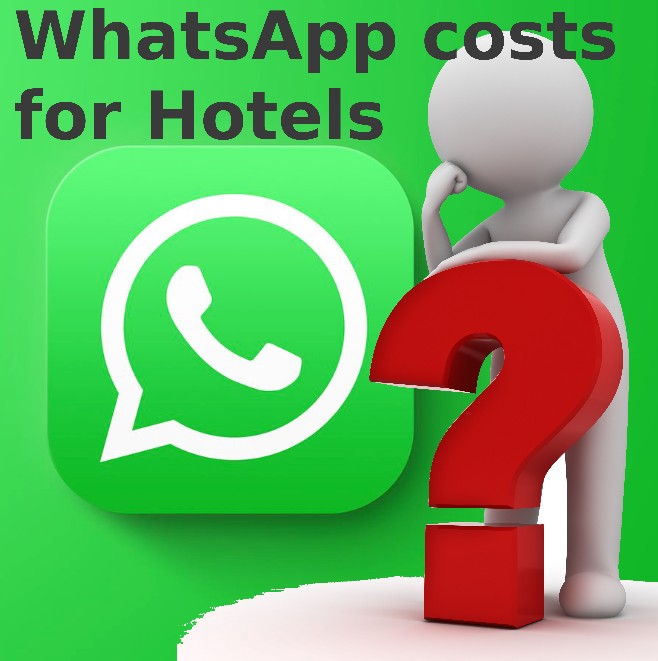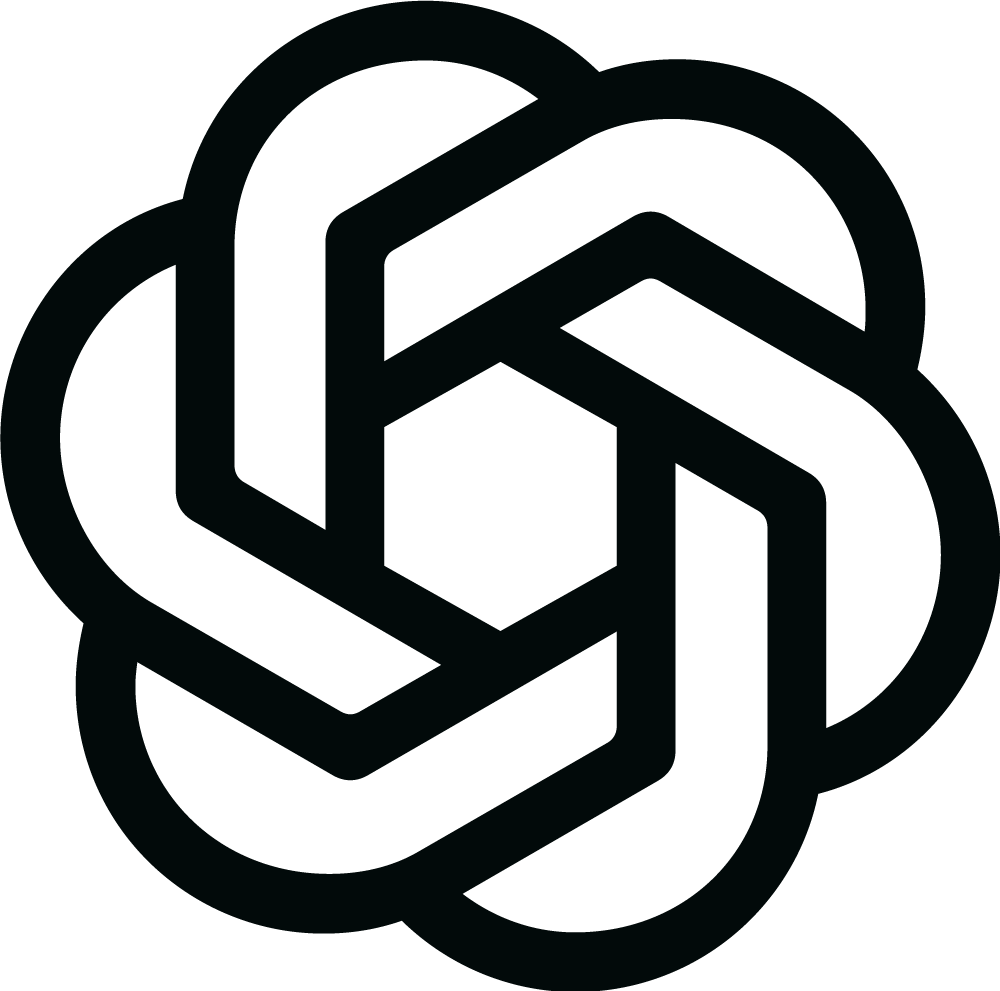Summarize this blog post with:
In 2026, WhatsApp has become one of the most important communication channels between hotels and their guests. With billions of people using it daily, guests now expect hotels to be reachable instantly and conveniently through chat. Boutique hotels, resorts and large chains all use WhatsApp Business to handle guest questions, manage bookings, drive upsells and build loyalty.
But to use WhatsApp effectively, hoteliers need a clear understanding of how the platform works, how pricing has changed since 2025 and what the real operating costs look like. This guide explains everything you need to know: account types, message categories, how pricing works in Western Europe, additional costs such as integrations and chatbots, and best practices to keep expenses under control while increasing guest satisfaction and revenue.
This article is written for hospitality leaders who want to use WhatsApp professionally and profitably.
WhatsApp Business App vs WhatsApp Business Platform (API)
There are two ways hotels can use WhatsApp for guest communication: the free WhatsApp Business App and the WhatsApp Business Platform (API).
WhatsApp Business App
The Business App is free and works on a single phone. It offers features like:
- Business profile
- Quick replies
- Label for organizing chats
- Basic automated messages
- A small product or services catalog
For a very small hotel or B&B with limited message volume, the app can be enough. You can reply to guest questions, send photos, answer common requests and keep conversations organized.
But the limitations show up quickly:
- Only one device
- No multi-user access
- No PMS or CRM integration
- No automation beyond simple auto replies
- Not suitable for GDPR-compliant data handling
As soon as several staff members need to handle chats, or you want automated flows like booking confirmations or check-in reminders, the app becomes inadequate.
WhatsApp Business Platform (API)
The API is made for hotels that need scalable, professional communication.
It allows:
- Multiple users working at the same time
- Cloud-based inboxes instead of one device
- Integrations with PMS, CRM and booking engines
- Automated flows and message templates
- AI assistants or chatbots
- Centralized communication across properties
The API isn’t free. WhatsApp charges per message, and the provider you use (such as Viqal) may charge a platform or subscription fee. But it is the only solution that supports automation, scale and GDPR compliance.
Most hotels that want consistent service, faster response times and structured guest journeys choose the API. The free app is good for very small hotels; everyone else should use the API.
WhatsApp Pricing Model in 2026
In mid-2025, WhatsApp switched from conversation-based pricing to a pay-per-message model. This applies worldwide.
Pricing depends on:
- Message category
- Guest country code (the country of the phone number you send to)
There are four message categories: service, utility, authentication and marketing.
Service Messages
These are messages sent in response to a guest. When a guest messages you, you get a 24 hour customer service window.
All replies sent inside this window are free.
Example:
Guest: "What time is check-in?"
Hotel replies within 24 hours.
Cost: 0.
Every time the guest sends another message, the 24 hour window resets. As long as they message you first and you respond within 24 hours, you don’t pay anything.
If the hotel initiates a message outside the window, it becomes a paid template message.
Utility Messages
Utility messages are non-promotional, transactional notifications such as:
- Booking confirmations
- Check-in reminders
- Invoices or receipts
- Spa or restaurant appointment reminders
If sent during the 24 hour service window, they are free.
If sent outside the window, they are charged.
In Western Europe, utility messages typically cost:
- 1 to 4 cents per message, depending on the country
This makes them far cheaper than SMS.
Authentication Messages
These contain one-time passwords or identity verification codes. Hotels use them less frequently, but they can support online check-in or secure payments.
Authentication messages cost roughly the same as utility messages in Western Europe.
Marketing Messages
These are outbound promotional messages such as:
- Special offers
- Upsell invitations
- Loyalty campaigns
- Post-stay promotions
Marketing messages have the highest cost. In Western Europe, they usually range from:
- 5 to 12 cents per message
Marketing is the most expensive category, but also the highest-ROI category because WhatsApp messages get extremely high open rates.
Summary of Western European Pricing
- Service messages: free within the 24 hour window
- Utility messages: roughly 1 to 4 cents
- Authentication messages: similar to utility
- Marketing messages: roughly 5 to 12 cents
Charges apply only when a message is delivered.
Bonus: Free 72 Hour Window From Ads
If a guest starts a WhatsApp chat through a WhatsApp ad on Facebook or Instagram, WhatsApp gives you 72 hours of free messaging with that person. This is extremely valuable for hotels running paid campaigns.
Other Costs to Consider
Message fees are only one part of the total cost. Hotels should also consider:
Business Solution Provider (BSP)
To use the API, you must go through an approved provider. They may charge:
- Monthly platform fee
- Setup fee (many providers no longer charge this)
- Optional per-message markup (avoid providers who do this)
Transparent providers, or all-in-one platforms like Viqal, offer flat plans without hidden surcharges.
Integrations
Connecting WhatsApp to your PMS, CRM or booking engine may require configuration or integration work. This can be a one-time cost or included in the provider’s offering.
Chatbots and Automation
Basic bots may be included in mid-tier plans. Advanced AI assistants usually require a higher-tier plan. Costs vary depending on complexity, from small add-ons to more substantial monthly fees.
Device and Number Management
The API works in the cloud, so you don’t need a dedicated device.
Some hotels also choose to get the green verified badge through Meta’s business verification subscription, which has a monthly cost.
Example Cost Scenarios for Hotels
Small Boutique Hotel (about 25 rooms)
Using the free app:
- 50 guest conversations: free
- 50 utility messages: about 1 euro total
- No platform fee
Total: almost zero
If they upgrade to a simple API plan: around 30 euros per month.
Mid-Sized Hotel (about 200 rooms)
Using the API:
- 200 service conversations: free
- 200 utility messages: around 4 euros
- 500 marketing messages: around 25 euros
- Platform fee: around 100 euros
Total: roughly 130 euros per month
Even doubling marketing messages keeps costs low.
Large Resort or Group (1000+ rooms)
- 5000 service conversations: free
- 5000 utility messages: about 100 euros
- 5000 marketing messages: about 250 euros
- Enterprise platform plan: about 500 euros
Total: around 850 euros per month
For a property of this size, even a small lift in upsells or direct bookings easily offsets the investment.
Advantages of WhatsApp for Hotels
Instant and Personal Service
Most guests respond faster on WhatsApp than in any other channel. It feels personal and informal, which strengthens the relationship.
Better Guest Experience
Hotels can help guests before, during and after their stay:
- Pre-arrival: directions, check-in forms, parking info
- During stay: room service, extra towels, maintenance requests
- Post-stay: thank you messages, feedback and review requests
More Efficient Operations
WhatsApp reduces phone calls and repetitive emails. Staff can handle several conversations at once, and automation handles the simple stuff.
Higher Satisfaction and Loyalty
Faster replies mean happier guests. WhatsApp also makes it easy to resolve small issues before they become negative reviews.
Strong Upsell and Marketing Potential
WhatsApp has extremely high visibility, so offers and upgrades get noticed. Even small campaigns can deliver strong conversion rates.
Better Reputation Management
Guests are more likely to share feedback privately in WhatsApp than publicly in a review. This gives hotels a chance to fix issues early.
Comparison With Other Channels
WhatsApp vs Email
Email is slow, often ignored and has much lower open rates. WhatsApp messages are almost always seen and read.
WhatsApp vs Phone Calls
Calls are time-consuming and interruptive. WhatsApp allows asynchronous communication that is easier for both staff and guests.
WhatsApp vs SMS
SMS is more expensive, less interactive and offers no branding. WhatsApp supports rich media, buttons and verified business profiles.
Budget Planning and ROI Tips
- Estimate message volume and apply current pricing
- Choose a platform plan that matches your needs
- Monitor monthly usage
- Use WhatsApp to reduce OTA commissions and drive direct bookings
- Encourage guests to message first to use the free window
- Track results: response time, upsell revenue, satisfaction scores
Best Practices to Control Costs
- Always reply within 24 hours
- Use QR codes and website buttons to get guests to initiate the chat
- Use the right message categories
- Combine notifications into fewer messages
- Segment marketing messages
- Choose transparent providers
- Use automation for FAQs
- Review usage monthly
- Get clear guest consent
Conclusion
WhatsApp Business has become essential for modern hotels. It enables faster, more personal service, reduces phone traffic, increases guest satisfaction and unlocks new revenue streams. When implemented correctly, it offers a powerful mix of automation and human warmth that guests appreciate.
Costs are clear and manageable, and with thoughtful planning and the right provider, WhatsApp quickly pays for itself. Hotels using it well are already seeing stronger guest engagement, better reviews and more direct bookings.
The future of hotel communication is conversational. WhatsApp is where guests already are. The hotels that embrace it will set the standard for guest experience in the years ahead.
Frequently Asked Questions
What’s the difference between the WhatsApp Business App and the WhatsApp Business API?
The WhatsApp Business App is free and ideal for small hotels managing limited guest messages from a single device. The WhatsApp Business API, however, supports automation, multi-user access, and integration with PMS and CRM systems, making it the preferred choice for medium and large hotels.
How much does WhatsApp Business cost for hotels in 2026?
In Europe, service messages remain free within the 24-hour guest-initiated window, while utility and authentication messages cost around €0.01–€0.04 each, and marketing messages range between €0.05–€0.12. Additional provider fees may apply depending on the Business Solution Provider (BSP).
How can hotels minimize WhatsApp communication costs?
Encourage guests to initiate chats, reply within 24 hours, and combine multiple updates into single messages. Choosing the correct message category and using transparent providers that follow Meta’s official pricing also helps control costs.





-min%20(1).avif)


